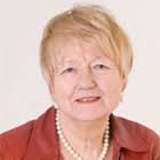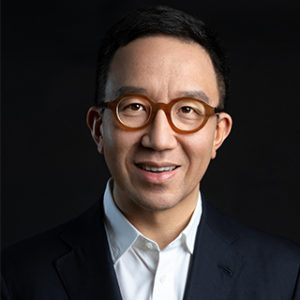Many global health aficionados have been wondering about two things. Firstly, as China’s reach in global health has rapidly expanded when would it convene a major global health meeting? And secondly, what might the immediate past Director-General of the World Health Organization (WHO) Margaret Chan dedicate her remarkable energy towards in the post-WHO phase of her life? Now the two have come together. At the start of June, Chan presided over the inaugural Global Health Forum of the Boao Forum for Asia (BFA) in the eastern city of Qingdao in Shandong province. BFA is a non-profit organisation that hosts high-level fora for leaders of government, business, and academia to discuss the most pressing issues for Asia’s future. Many have called it “China’s Davos.” The main annual event has taken place every March/April since 2001 in the southern island province of Hainan. It is currently chaired by former United Nations Secretary-General Ban Ki-Moon.
As health becomes more important for countries in their development trajectories it was timely for the BFA to take up global health as it launches theme-based sub-fora to compliment the main conference. The BFA is to some extent modelled on the World Economic Forum. The Global Health Forum in turn has benefitted from the decade-long experience of the World Health Summit which regularly takes place in Berlin in October, as well as Thailand’s Prince Mahidol Award Conference (PMAC) every February—both of which also bring together government, business, and academia. WHO Western Pacific Region and several individuals who had worked with Chan during her time at the helm of WHO also supported the programme development.
The high-level political support for the conference was reflected by the attendance of top-level dignitaries from China and overseas, as well as from supranational agencies and international non-governmental groups, including WHO Deputy Director-General and Western Pacific Regional Director, CEO of GAVI (the Vaccine Alliance) and Director of IFRC (International Federation of Red Cross and Red Crescent Societies). Chinese Vice-Premier Sun Chunlan, also a member of the Politbureau of the Communist Party of China Central Committee, recited a congratulatory letter from President Xi Jinping. Sun underlined that China will “strengthen cooperation with different countries to build a platform for global health governance and promote the health and wellbeing of people in the world.” The interest from within China was extraordinary. 2,600 mostly Chinese participants attended, about 55 countries were represented, and media interest was impressive: 250 journalists from nearly 100 media organizations attended. Strong support came from local and regional representatives, highlighting health progress at the city and provincial level.
The theme for this inaugural year was “Health beyond health—in the year of sustainable development 2030, health for all” and focused on three big topics: “Universal Health Coverage” (UHC), “Health in All Policies”, and “Innovation”. It experimented with a variety of formats. The forum also included a health forum for women and a youth forum.
On the one hand, the forum reflected the priorities of the international global health debate—UHC, antimicrobial resistance, ageing, non-communicable disease control, disaster preparedness and emergencies as well as Chinese priorities such as traditional medicine in the context of UHC. The Chinese audience were keen to hear experiences from the international panellists relevant to their health reforms, while for the international guests learning about the dynamic health system developments in China, this was a useful opportunity. Fascinating discussions dealt with China’s progress in health innovation—under the motto “smarter and healthier”—both from the perspective of science and the health industry, discussing the internet of things, digital transformation, and a wide range of technological innovations. Of special interest was the organisation of innovation dialogues, for example between China and the European Union as well as China and Japan, and a dialogue between policy makers and private sector representatives. Industry financial support of the forum demonstrated there is clearly less distance between the public and private health sector in China.
At the end of the forum it was announced that it would now become an ongoing event. The opportunities for this to become an exciting forum to exchange experiences between China and the world is enormous, especially if the cross linkages to other Chinese initiatives, like its strong programmes in Africa or its Belt and Road Initiative are included. The exchanges on technological innovations hold great potential. As international participation increases its health diplomacy impact could become significant.
Until the next BFA Global Health Forum!
 Ilona Kickbusch is director of Global Health Centre, Graduate Institute for International and Development Studies, Geneva, Switzerland.
Ilona Kickbusch is director of Global Health Centre, Graduate Institute for International and Development Studies, Geneva, Switzerland.
Competing interests: None declared
 Gabriel M Leung is dean of medicine at the University of Hong Kong, Hong Kong SAR, China.
Gabriel M Leung is dean of medicine at the University of Hong Kong, Hong Kong SAR, China.
Competing interests: None declared
